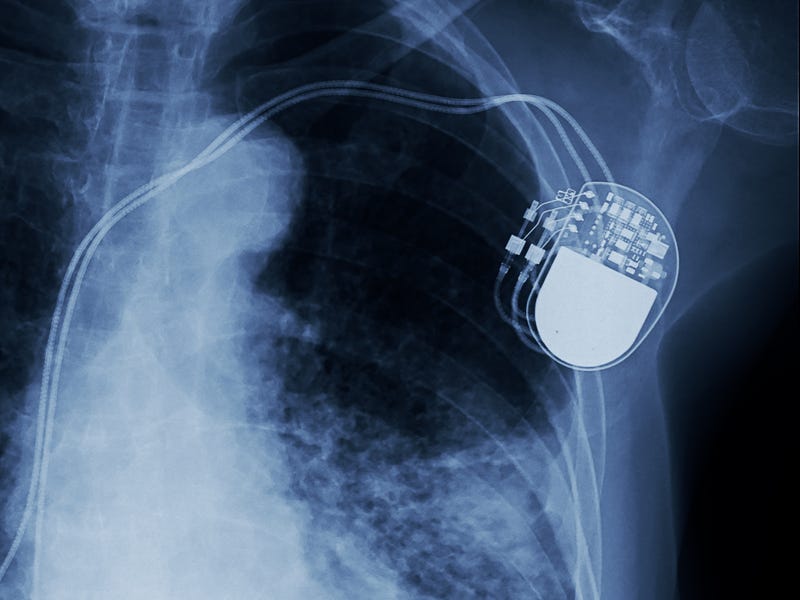
CHICAGO (WBBM NEWSRADIO) -- It’s a medical first: a temporary pacemaker that’s wireless, battery free, and dissolves after it’s no longer needed.
Scientists at Northwestern and George Washington Universities said it’s meant for patients who need temporary help regulating their heartbeat, usually after cardiac surgery.
The device wirelessly harvests energy from an external, remote antenna using near-field communication protocols — the same technology used in smartphones for electronic payments and in RFID tags.
The research suggests a dissolvable pacemaker eliminates the need for batteries and hardware, which can often lead to infections or create more damage when removed.
“Hardware placed in or near the heart creates risks for infection and other complications,” said Northwestern Engineering’s John A. Rogers, who led the device’s development. “Our wireless, transient pacemakers overcome key disadvantages of traditional temporary devices by eliminating the need for percutaneous leads for surgical extraction procedures — thereby offering the potential for reduced costs and improved outcomes in patient care. This unusual type of device could represent the future of temporary pacing technology.”
The study was published June 28 in the journal Nature Biotechnology. The paper demonstrates the device’s efficacy across a series of large and small animal models.
FDA approval is still about five to seven years away.

